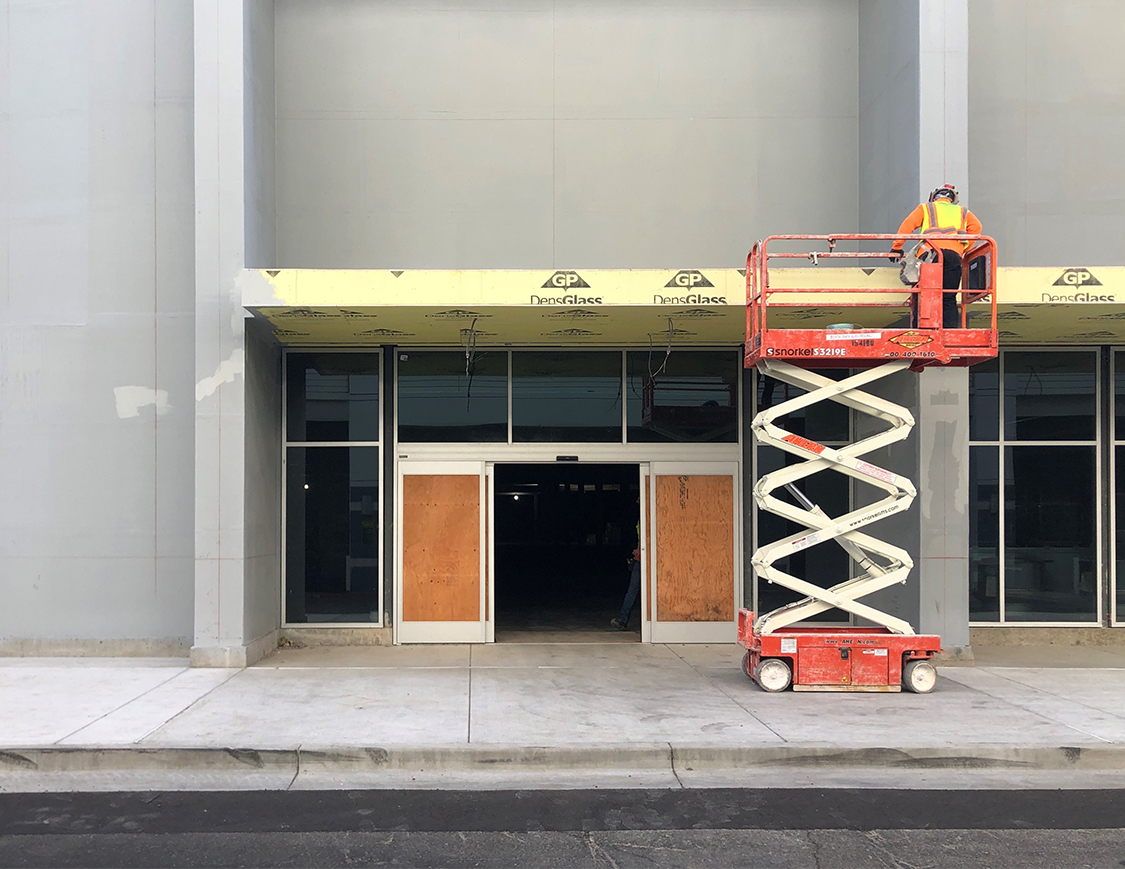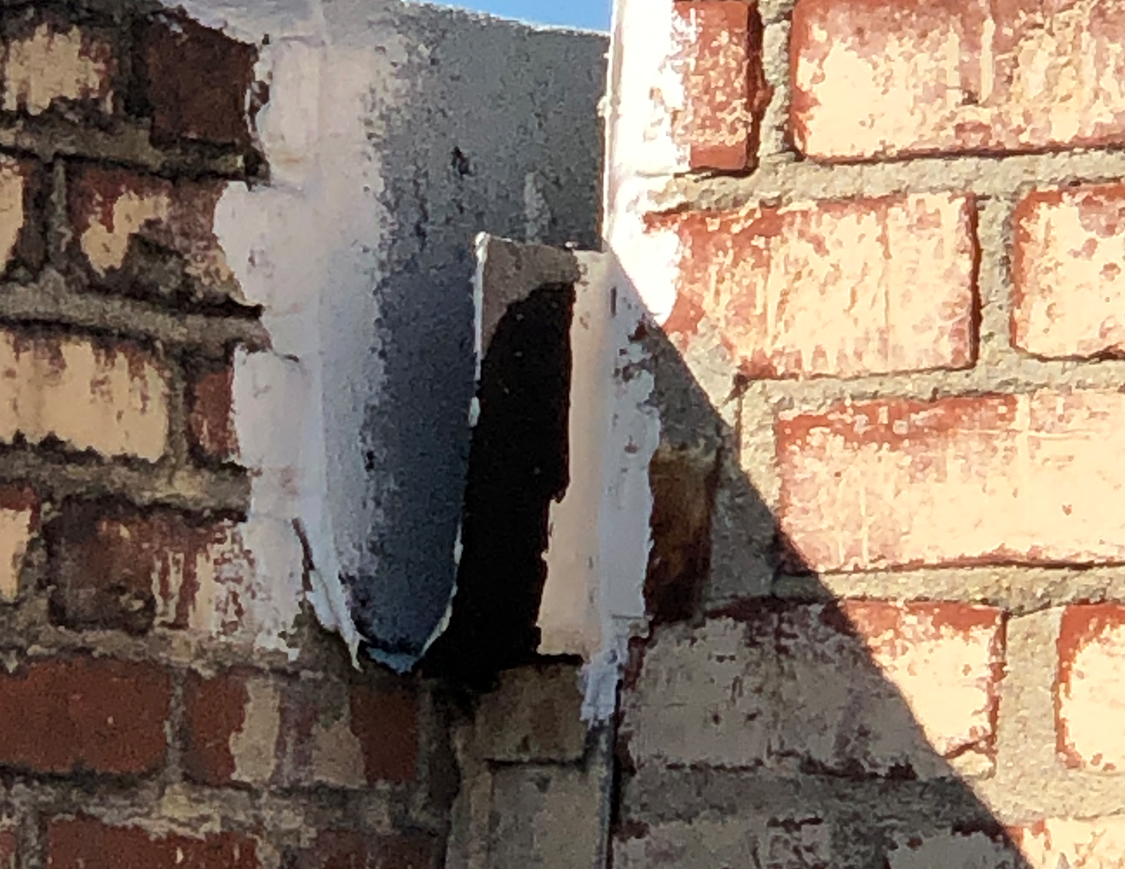What is a Building Condition Assessment?
A Building Condition Assessment (BCA), also known as a Property Condition Assessment (PSA) or a Facility Condition Assessment (FCA), is a systematic inspection, review and report on the conditional state of a commercial or institutional building. BCAs examine a building’s overall structural, mechanical, electric and exterior enclosure systems, including its roofing system, exterior façade, horizontal decks and below-grade waterproofing and vapor barrier systems.
Buyers and financial institutions should receive building condition assessments to ensure they’re making informed decisions regarding their commercial real estate procurement. During the due diligence period of real estate deals, it is important to know what you are buying, what your capital expenses are, along with accurate maintenance costs.
Property and facility managers responsible for large property portfolios and maintenance budgets routinely request building condition assessments as well. Understanding a building’s current state allows clients to be proactive in their capital improvement plans and costs, as well as Owner’s factoring this into their purchase negotiations. Knowing the estimated remaining life span of a building system allows managers and owners to know ahead of time when systems will need to be repaired and/or replaced. Being aware of these factors means expenses can be anticipated and made on their terms, as opposed to not knowing and having unforeseen repairs, which in most cases cost more when eventually done. Water intrusion, for instance, can cause extensive damage and poor environmental conditions in short periods.















